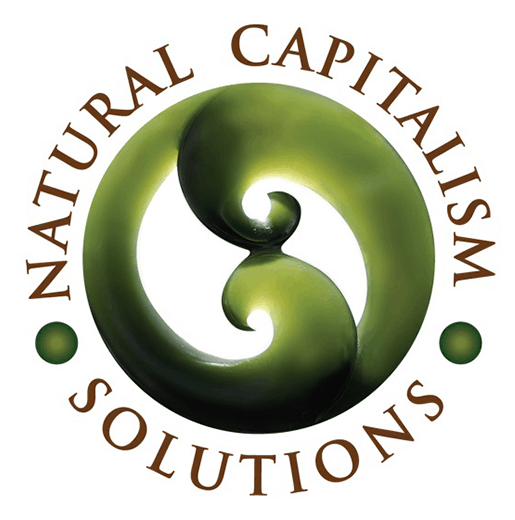Huffington Post
L. Hunter Lovins
June 2016
Hunter Lovins explains that when it comes to valuing nature, it’s better to be roughly right than really wrong.
This article has been submitted as part of the Natural Capital Coalition’s series of blogs on natural capital by Hunter Lovins, President, Natural Capitalism Solutions, Professor of Sustainable Management, Bard MBA and Time Magazine Millennium “Hero of the Planet”. “NATURAL CAPITAL!” the famous author snarled at me, “It’s NATURE! It’s PEOPLE! not capital. You can’t call them capital; they’re… they’re…spiritual,” he spat at me. “You can’t put a price tag on them. It’s immoral.”
“Financial markets put prices on them every day,” I answered. “Actuarial tables assign a value to human life. Captains of industry see both people and nature as capital.” I quoted Pavan Sukhdev, chair of the landmark report from The Economics of Ecosystems and Biodiversity (TEEB), who pointed out that if you cannot prove that nature has a higher worth, corporate beancounters will enter it into business equations as having a value of zero. “That”, I said, “is why so much of what we value is being liquidated. No price on nature can ever capture its full worth, but it’s better to be roughly right than really wrong.”
The author went away mad, and we’ve yet to have the conversation saying that I agree with him that the wild places of the world should be accorded intrinsic worth, that the loss of cultures and languages driven by the Mac-homoginization of the world is tragic. How many times have I quoted Theodore Geisel to audiences: “I am the Lorax, I stand for the trees.” Then, “Unless someone like you cares a whole awful lot, nothing is going to get better. It’s not.”
READ FULL ARTICLE…

